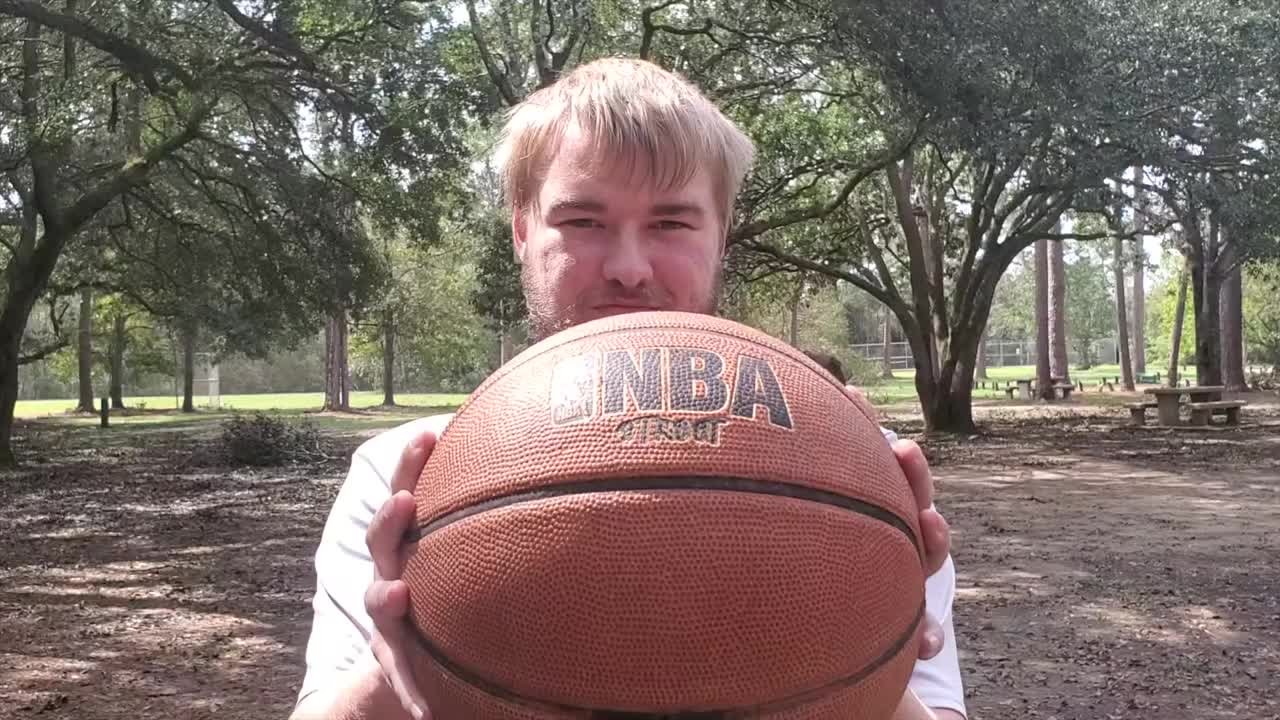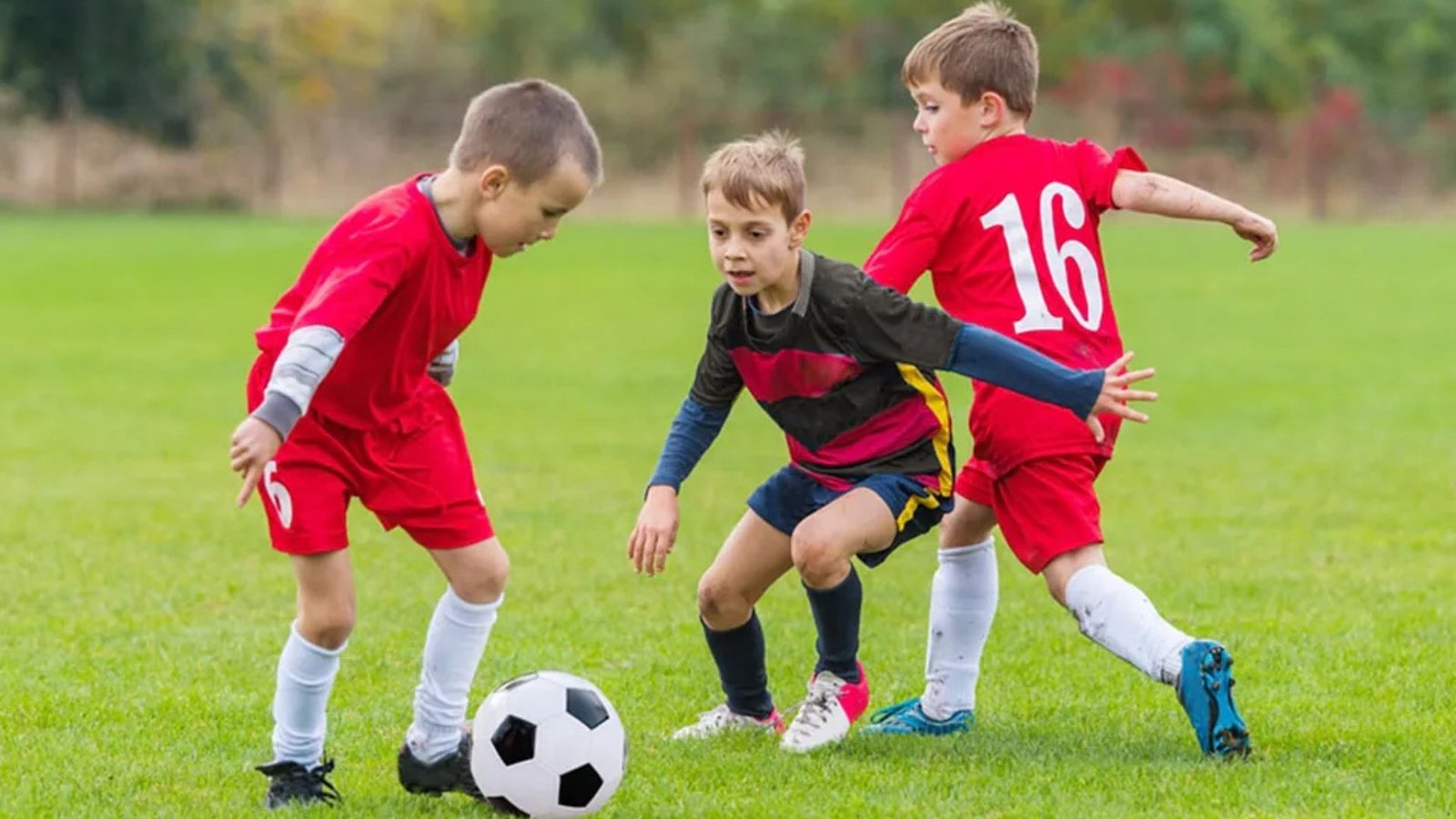Overcoming mental barriers in sports is something that every athlete faces at some point. Whether you are just starting in sports or you’re a seasoned competitor, your mind can sometimes hold you back. The key to success in sports is not just physical training but also mental strength. In this article, we’ll share 10 ways for overcoming mental barriers in sports so that you can unlock your full potential.
1. Identify the Mental Barriers
The first step in overcoming mental barriers in sports is to identify them. These mental blocks can come in many forms: fear of failure, lack of confidence, negative self-talk, or feeling overwhelmed. Once you recognize what is holding you back, you can begin to address it. Take time to reflect on your thoughts and feelings before, during, and after your training or competition. This self-awareness will give you the power to tackle these barriers head-on.

2. Visualize Success
Visualization is a powerful tool when it comes to overcoming mental barriers in sports. By imagining yourself performing at your best, you can trick your brain into believing that success is possible. Picture yourself finishing a race, making a perfect shot, or executing a flawless technique. Visualizing success boosts your confidence and helps train your mind to stay focused on your goals.
3. Set Realistic Goals
Setting realistic and achievable goals is one of the best ways to overcome mental barriers in sports. When you break down big goals into smaller, manageable steps, they seem less overwhelming. Instead of focusing on the outcome, like winning a competition, focus on your daily or weekly progress. This approach keeps you motivated and helps build mental resilience as you see yourself getting closer to your goals.
4. Replace Negative Thoughts with Positive Affirmations
One of the most common mental barriers in sports is negative self-talk. If you constantly tell yourself that you’re not good enough or that you can’t do it, you’re only reinforcing those beliefs. Replace these negative thoughts with positive affirmations. For example, tell yourself, “I am strong,” “I am prepared,” or “I will give my best effort.” Over time, these positive affirmations can change your mindset and improve your performance.
5. Focus on the Present Moment
Focusing on the present moment is a critical part of overcoming mental barriers in sports. Often, athletes get caught up in thinking about past mistakes or future outcomes. This type of thinking can distract you and cause anxiety. To stay focused, concentrate on what you can control right now—your next step, stroke, or move. By staying in the moment, you reduce stress and increase your chances of success.
6. Develop a Pre-Performance Routine
A pre-performance routine helps athletes mentally prepare for competition or training. By having a consistent routine before a game, race, or practice, you can reduce nervousness and boost confidence. This routine might include things like listening to music, doing deep breathing exercises, or visualizing your performance. The key is to find what works best for you and make it a habit.
7. Embrace Failure as a Learning Opportunity
Fear of failure is one of the biggest mental barriers in sports. Many athletes avoid taking risks or pushing themselves out of fear that they won’t succeed. However, failure is an essential part of the process. Embrace it as a learning opportunity. When you fail, reflect on what you can improve and use that information to come back stronger. This mindset helps to remove the fear of failure and allows you to grow as an athlete.
8. Use Relaxation Techniques
Stress and anxiety are common mental barriers that affect performance in sports. Relaxation techniques like deep breathing, meditation, or progressive muscle relaxation can help you manage stress and stay calm under pressure. Incorporating these techniques into your routine allows you to focus better and perform at your best when it counts.
9. Build Mental Toughness Through Consistency
Mental toughness is a critical factor in overcoming mental barriers in sports. The more consistent you are in your training, the more resilient you become. Developing mental toughness requires pushing through challenges, staying committed even when things get tough, and maintaining a positive attitude. Over time, your mental strength will grow, making it easier to handle tough situations and perform under pressure.
10. Surround Yourself with Supportive People
Having a strong support system is crucial for overcoming mental barriers in sports. Surround yourself with positive and encouraging teammates, coaches, friends, and family. These people can help boost your confidence, offer constructive feedback, and keep you motivated when things get difficult. Knowing that you have a support system behind you can help reduce anxiety and improve your mindset.
Conclusion
Overcoming mental barriers in sports is not an overnight process, but with time and effort, it’s completely achievable. By identifying your mental blocks, practicing visualization, setting realistic goals, and focusing on positive thinking, you can break through these barriers and unlock your true potential. With the right mindset, you’ll be able to face any challenge that comes your way and perform at your best. Remember, mental strength is just as important as physical ability in sports.





